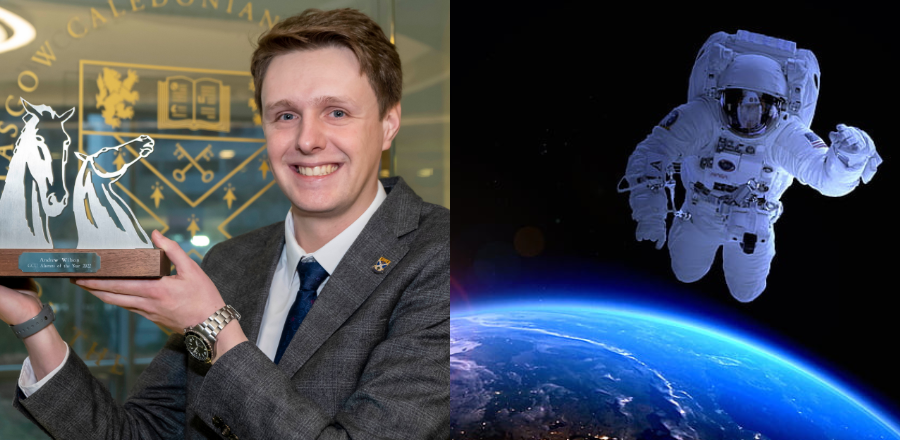Research looking to make space sustainable

A research project at Glasgow Caledonian University is aiming to make space activities in the UK more environmentally friendly.
Dr Andrew Wilson is spearheading the initiative and will highlight the need to understand and reduce the carbon footprint of the UK space sector.
He emphasised that, despite the growing awareness of the environmental impact of space endeavours, the industry has been somewhat neglected in terms of environmental modelling. This has left researchers with limited knowledge about the environmental impact of space activities.
The main goal of the project is to figure out how much carbon the UK space sector is emitting, providing valuable insights into its environmental impact. The project also aims to suggest practical ways to reduce carbon emissions based on the readiness of potential solutions. Ultimately, the researchers hope to make recommendations to Innovate UK, guiding the space sector toward eco-friendly practices.
Space organisations participating in the study will receive a free carbon audit, helping them understand their carbon footprint and find ways to manage it efficiently, which can also save costs. Decision-makers will have a clear picture of how environmentally intensive the UK space industry is and will be given suggestions on how to reduce its carbon footprint. This way, space organisations can contribute to the UK's goal of achieving net-zero emissions, making the space sector more sustainable.
While the project is set to wrap up by the end of 2025, Dr Wilson said its effects will be felt immediately.
“Participating space organisations can start taking control of their carbon footprint at no cost, jumpstarting efforts to make their operations more eco-friendly through personalised action plans. This immediate impact sets the stage for continuous efforts to make the space sector more sustainable over time.”
Funding for this project comes from the Researcher in Residence (RiR) scheme, supported by the Engineering and Physical Sciences Research Council (EPSRC). The collaboration involves partnerships between academia, the Satellite Applications Catapult, and Space4Climate. Building on previous carbon auditing work in the Scottish space sector, this project expands its scope to cover the entire UK space industry.
Dr Wilson expressed the importance of this research, saying: “As the UK makes significant strides in understanding and mitigating the environmental impact of space activities, this project marks a crucial step toward a sustainable and eco-friendly space sector. By providing insights, tools, and recommendations, we aim to foster a resilient and environmentally conscious UK space industry in line with broader national sustainability goals.”
